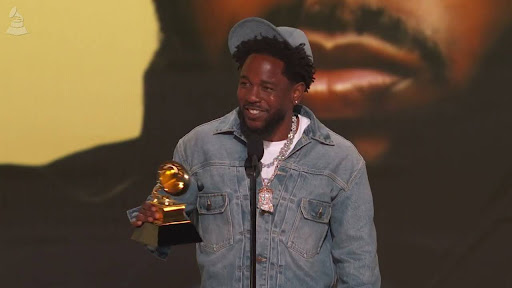Let’s get real about the discussion of eating disorders and the stigma against who can and can’t develop one. People who are obese and overweight CAN get eating disorders. The reason I know that is because I, an overweight and obese person, have suffered from an eating disorder since I was 12.
The week of Feb. 26 through March 4 is National Eating Disorder Awareness Week. The weeklong event held by the National Eating Disorder Association was a time for people to reflect and educate themselves on the dangers and stories of eating disorders with the theme, “Let’s Get Real.”
The stigma against large people and eating disorders is something that has followed me through my whole life. I’ve always been large and made to feel ashamed about it, so when I started “dieting” and forcing myself to not eat so I could be skinny, I didn’t know that I was developing an eating disorder.
As I grew older and went through schooling I only grew larger and so did the ridicule and name calling about my size. I’d only eat one meal a day and when I did, I’d eat everything in sight. On every birthday, broken wishbone and four leaf clover I’d wish for the same thing.
It wasn’t until I was 16 that I realized I had an eating disorder. Until I read about someone with a similar situation as mine, that this toxic relationship I had with my weight was a disorder.
In school they didn’t really talk about them much, and when they did it was always the same stereotypical white female model type. It’s true that these types of people are suffering, but those who don’t fit in this niche are made to feel as though they can’t have a disorder, and that’s dangerous in its own right.
I was never taught otherwise, so I thought my way of “dieting” was helping.
I would go through diets and trends, reading articles from magazines with titles like, “How to lose weight quick!” and “This detox water to make you skinny.”
When I’d force myself to not eat, I’d think of the magazines underneath my bed–The latest issue of Seventeen and Teen Vogue where they praised actresses for overcoming similar eating disorders but would feature articles about diets to try on the next page.
Being overweight, I was made to feel ashamed and as though I deserved the ridicule. So, when I was told by other about “how proud they were” that I was eating less, how could I not love my disorder. It took me years of self love and ignoring the ridicule to understand my disorder.
But let’s get real. I still can’t eat food in public without feeling ashamed and I still automatically count calories in my head.
Everyday I’m recovering.
I talk to my roommates about my disorder and they listen. I try to not hate myself for eating a Slice of Pizza and eating meals with my friends.
Eating disorders effect over eight million people in the United States and I’m one of them. I am trying to recover from the years of ingrained guilt for my size and to realize that I’m beautiful the way I am.







